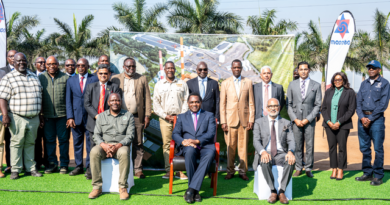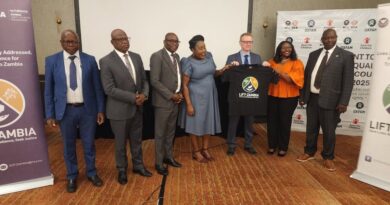Zambia Makes Strides in Public Health Despite Drought Challenges, Health Minister Reports
Health Minister Sylvia Masebo reports that, despite grappling with the challenges posed by a severe drought affecting food security, access to water, electricity, and health services, Zambia is forging ahead with positive advancements in public health.
Addressing the Seventy-Seventh World Health Assembly in Geneva, Minister Masebo highlighted Zambia’s resilience in the face of adversity, crediting strong political will led by President Hakahinde Hichilema for the country’s proactive response to mitigate the adverse effects of the drought.
Minister Masebo commended the government’s efforts in improving healthcare financing, noting a significant increase in budgetary allocation from 7.0 percent in 2021 to 11.8 percent in 2024. This boost in funding has enabled Zambia to make substantial progress in various health sectors.
However, despite these achievements, Minister Masebo acknowledged that Zambia still grapples with numerous health challenges.
These include a high malaria burden, with 30,400 cases reported daily, as well as a concerning rate of new HIV infections among young people.
Additionally, high maternal mortality rates, an uptick in non-communicable diseases, antimicrobial resistance, and neglected tropical diseases remain significant concerns.
Minister Masebo reiterated the government’s commitment to improving healthcare services, emphasizing ongoing initiatives such as the procurement of 200 ambulances, the construction of maternity annexes in existing health facilities, and the establishment of a drug fund to enhance commodity security.
Furthermore, she highlighted promising developments such as the formulation of a local pharmaceutical manufacturing strategy and the digitalization of the health system, which are expected to yield positive dividends in the future.



